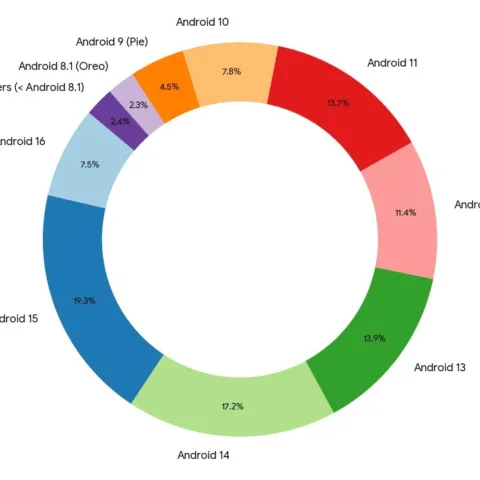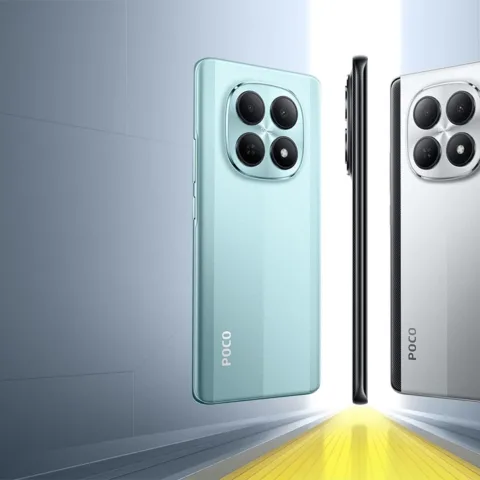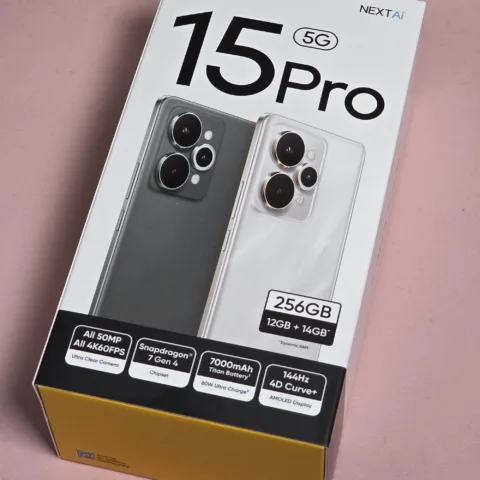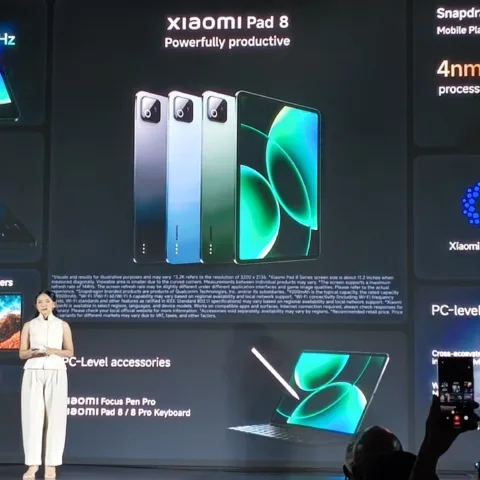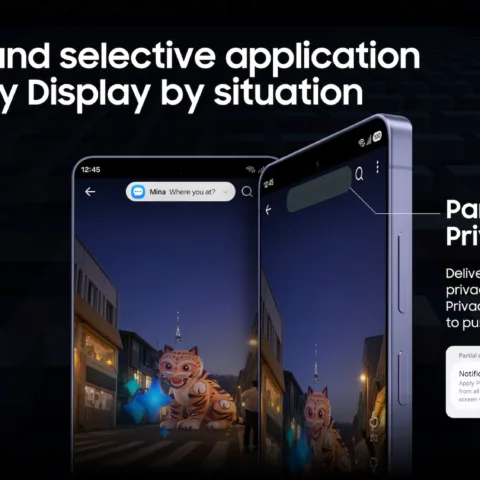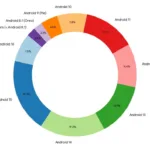How time flies real fast in the technology world. Earlier this week, TechCrunch had reported that Facebook was in talks to acquire WhatsApp, the highly popular text messaging app that aims to deliver a better way to exchange text messages among mobile phone users. WhatsApp denied that rumor, saying that it was “not factually accurate”, but within hours of that denial, Facebook opened up its Messenger app to allow people to sign up to it using just a phone number and a name, no need for a Facebook account. Just like WhatsApp.
What happened? It sounds like one of two things. One, Facebook may have been interested to acquire WhatsApp for the sake of folding in a competitor, or two, the talk was a warning to WhatsApp that Facebook was about to open up its Messenger service to non-members and step on to WhatsApp’s turf directly.
It’s certainly a bold move for Facebook to detach its app from the full Facebook experience. It shows that Facebook is intent on becoming the default messaging platform for mobile phone users almost at any cost.
Grand Plan
Facebook had a grand plan on messaging in 2010. Mark Zuckerberg himself laid out his vision for a text-based communication medium to succeed email . He wanted the Facebook Inbox to replace the email inbox and have people of the world communicate through Facebook rather than any other conversation platform.
Two years later however, Facebook has yet to dominate the conversation, especially not on mobile devices. According to figures from Onavo, a company with an app that compresses data and provides information on app usage, Facebook’s messaging service is far from leading the industry. In fact, while it leads in the United States, it plays second fiddle or lower to WhatsApp just about everywhere else.
Acquisition not a good idea
To think that many online publications consider an acquisition of WhatsApp to be another home run for Facebook, it’s actually not a great idea and the same sentiment was expressed by Jon Russell at The Next Web. WhatsApp may be popular in Europe, Brazil, and Australia but in Asia it’s under fire from Korea’s KakaoTalk and Japan’s Line which deliver far more than just a messaging platform.
These two apps are about as close as a mobile social network is to Facebook. They deliver games and mobile commerce as well and the way they’re presented appeal strongly to Asians although not so much to most Americans and Europeans. Cutesy emoticons, characters, and gifts, are prevalent in these apps which may be considered as distractions for those looking for a straightforward communications platform.
Aside from considering to acquire WhatsApp to prevent it from being a threat to Facebook’s own messaging service the way Instagram was to its photo sharing component, there’s really not much to gain for Facebook in such an acquisition.
Product Focus
Facebook Messenger is already a robust platform. It is as practical and direct as instant messaging, it’s the closest thing to SMS, being available to anyone with a Facebook account and accessible from nearly any kind of mobile device, and it’s a great group messaging service. It also allows group members to know who have seen the messages and who have not. On top of that, sharing location and images are second nature to the service.
In other words, as far as product focus is concerned, there’s no reason why Facebook needs to acquire WhatsApp, or any other text messaging company for that matter. It certainly has the engineers to maintain and reiterate on the service, after all, it’s been running for quite some time now.
When Facebook opened Messenger to anyone with a phone number the other day, it positioned itself directly against WhatsApp. No longer do you have to be a Facebook member to use Messenger. If you have an Android phone with a data plan, you can register with your phone number to use Facebook Messenger. The company is apparently also bringing this capability to the iOS version of the app.
Consumer ignorance
Facebook has the product to succeed in modernizing text messaging but what it doesn’t have are mindshare and familiarity in this space. Most mobile subscribers simply don’t consider Facebook as a messaging platform. Sure it’s the leading social network and is the largest photo sharing service in the world outside of China but as far as text messaging goes, most people simply don’t think of Facebook and that is the company’s biggest problem.
In Indonesia, where there are more mobile subscriptions than there are people, BlackBerry Messenger is the prevailing mobile text messaging app. Those without BBM tend to go with WhatsApp or Line. KakaoTalk is looking to find some ground in this market, and so does China’s WeChat, which was just launched locally in late November. It’s not easy to get people to respond to messages sent to their Facebook accounts but send one to WhatsApp, BBM, or Line, they tend to respond much quicker.
With people moving away from the straightforward and simple WhatsApp to something more elaborate and arguably fun social platforms like Line and KakaoTalk, how would Facebook Messenger fit in?
Right now, the open access Messenger is available to anyone in Australia, Indonesia, India, South Africa, and Venezuela. Facebook did not explain why these mainly southern hemisphere countries are the first ones to be given access to the new service but it said that it will roll out to other countries in the coming weeks.

